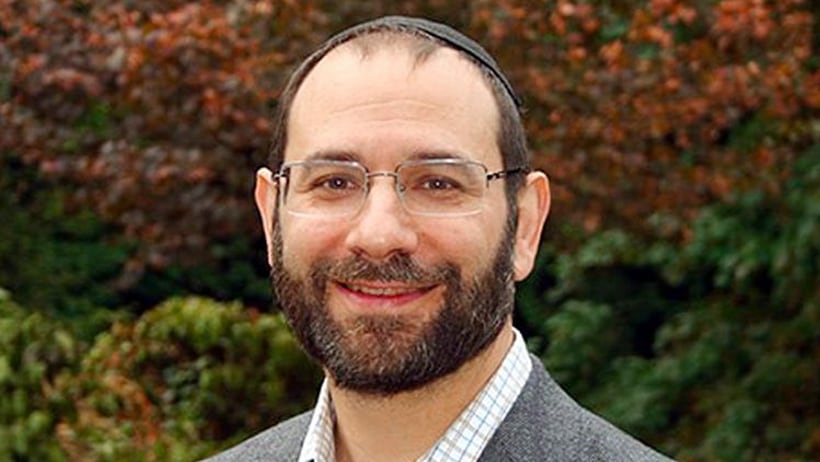Oasis Songs: Musings from Rav D
Friday, October 7th, 2016 – 5 Tishri, 5777
Ismar Schorsch was the previous Chancellor of JTS. He was a learned rabbi, and while he lived, I’m embarrassed to say that sometimes I found his teachings too academic or too source driven. At the time, his Torah left me dry. But you know, people improve over time–primarily as we do; and as we do, we can see them more clearly.

Over the last four years, I’ve really come to appreciate Schorsch’s mind. One of his most profound insights is that we judge the value of a Jewish text not by the text itself, but by the quality and quantity of commentary written about it. In other words, we come to see the value of something if a community of people across time are drawn to that idea or value. Like an irritant of sand in an oyster, if enough people respond, the conversation itself turns into pearls of wisdom. Rather than being a fad, it has enduring worth.
None of us can ever judge our own impact, let alone its duration. All we can see is if people respond to us in our own time. I think that’s one of the reasons so many of us find social media enticing. If we get many responses to something, we feel significant and valued–and what an important and foundational human need that is!
We also want to know, a lá Chancellor Schorsch, that the things that move us also move others. It’s such a powerful form of connection. The strength of the human being is in our collective ability to respond to something and work in some sort of organized way to address a challenge.
I have this sense that there is a growing community of people who are hungry for civility and clamoring for a loving way to respond to what we find toxic in our society’s relationships. More and more, people are organizing themselves around how we can best connect productively with those who think or act differently than we do. The problem is that the very reason for this evolving community stems from how far from that goal we presently are. And that means that the noise of the naysayers and those who traffic in hatred catch most of our attention. We are attracted to drama after all, and rubber necking has some value to it also. It forces us to notice what’s wrong. After noticing, it’s up to us what we do.
Over Rosh Hashanah, I began to outline some ways that our Neveh Shalom family can begin to rebuild the bridges of a caring society and how we can all try to “mensch” more often. Given this, I’ve been really satisfied to see a few folks on Facebook riffing on the theme of kindness that was the topic of my second day Rosh Hashanah sermon. One congregant posted a link to Glenn Campbell’s old song, “Try a Little Kindness,” and my sister added Tim McGraw’s marvelous, “Always Stay Humble and Kind.” There’s even a tee shirt that in a nod to the Queen of England states, “Keep Calm and Be a Mench.”
It’s my fervent hope that as a community, we will continue to add more commentary to the Torah of kindness by our actions and reflections. As that kindness ripples out into the world, I’d like to imagine that is how the book of our lives will be judged.
May we all have a Ketiva v’chatimah tovah. May we all be inscribed for another year.
Rav D
Shabbat Table Talk
- What is your favorite song about kindness?
- Did a parent or mentor ever say something or give you a piece of advice that continues to speak to you all these years later? What was it, and has its meaning changed for you over time?
- What’s your favorite social movement that began initially with just a few people? What do you like about it? What has it changed?



